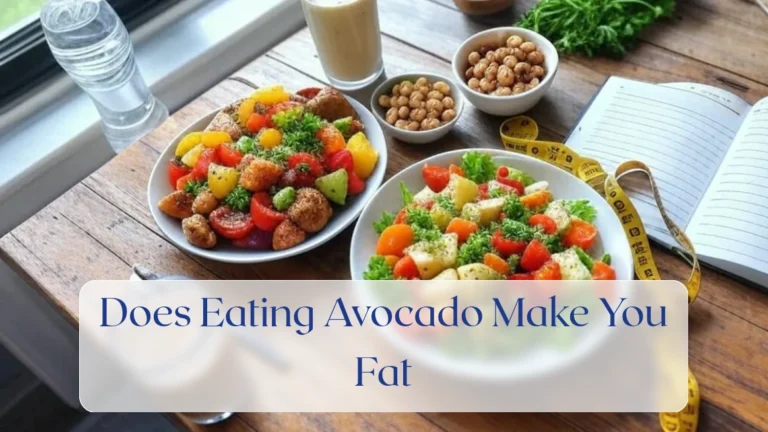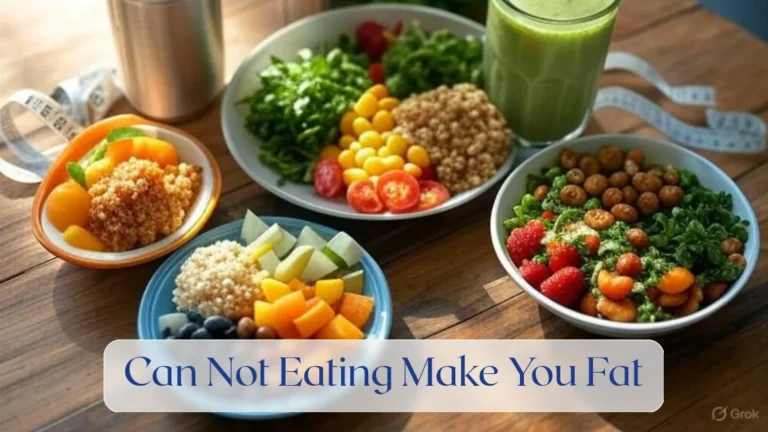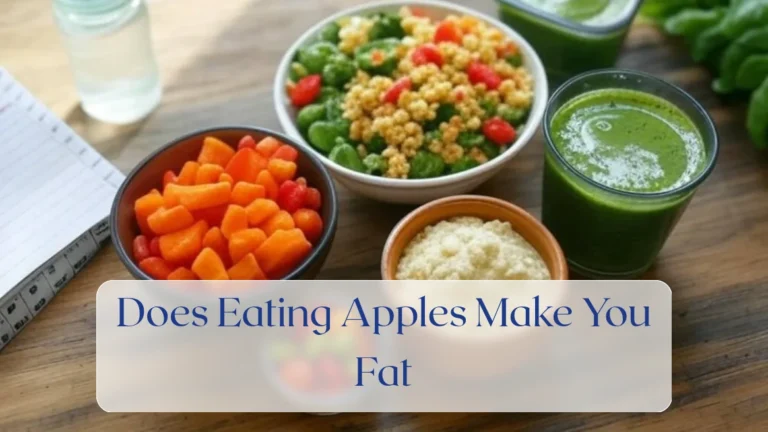Can Meat Make You Fat? The Truth Revealed
Is that delicious Rogan Josh sabotaging your weight loss? Many Indians wonder about the impact of meat on their weight. Let’s clear up the confusion around meat and weight gain. Learn how to enjoy meat without the extra kilos, discover healthier meat choices, and master portion control. Meat itself doesn’t automatically make you fat, but how much you eat, what kind you choose, and how you prepare it definitely does.
The Role of Calories in Meat and Weight Gain
Calories are units of energy. To lose weight, you need to burn more calories than you consume. Different meats have varying calorie counts. For instance, a 100g serving of chicken breast might have around 165 calories, while the same amount of mutton can contain close to 300 calories. Similarly, fish like salmon offers around 200 calories per 100g, while beef can range significantly higher depending on the cut. Portion control is key: eating mindfully and being aware of your serving size prevents calorie overconsumption. Paying close attention to the amount of meat you’re consuming with every meal will significantly increase your chances of incorporating meat into your diet without excess weight gain.
Fat Content in Different Meats: A Closer Look
The fat content greatly influences a meat’s calorie density. Chicken breast is notably leaner than chicken thighs. Similarly, mutton boasts a more considerable fat content in comparison to fish like pomfret, which remains 比較的較痩肉のタイプ. Beef varies greatly; lean cuts like sirloin are preferable over fatty options like ribeye. The cooking method also directly impacts fat content: grilling or baking is healthier than deep frying. Understanding the various fat compositions of each meat and their cooking processes assists both in making optimal weight management choices and enjoying the flavor of a more healthier dish.
Meat and Your Metabolism: The Bigger Picture
Protein, a primary component in meat, plays a significant part in aiding satiety and weight management. Protein helps you feel fuller for longer, reducing overall food consumption. However, hormones present in some meats, particularly red meat and their effect varies. Some argue the increase potentially raises insulin resistance and could negate the weight loss effects if not combined with a holistic strategy. We already talked about calorie amounts; it goes almost unnecessary to mention this is not isolated knowledge only. But we should emphasize a fully balanced diet extends beyond just meat consumption, incorporating plentiful fruits, vegetables, and whole grains for overall wellbeing, not to ignore the importance of good quality complex carbohydrates here. You can only be healthy if your whole dietary balance is maintained within a healthy range.
Healthy Meat Choices for Weight Management in India
India offers a plethora of lean protein sources. Chicken breast, fish (especially varieties like pomfret and basa), and lean cuts of mutton are excellent choices. Prioritising lean meat is of importance here. To further incorporate balanced nutrition for effective weight management when incorporating dietary meats, one smart incorporation should be including it together with plant-based protein such as lentils, chickpeas, and beans; which ensure complete protein levels and balanced nutrition overall whilst managing weight. There exist many exciting possibilities that fit into each individual preference, for examples: flavorful Indian Chicken Salad or fish curries lighter than a buttery Rogan Josh can assist the pursuit of overall healthy diets significantly easier at home without needing a complete dietary overhaul.
Meat and Indian Dietary Habits: Finding a Balance
Traditional Indian cooking frequently involves frying rich meats or sauces. These increase overall calorie amounts, as discussed. It’s straightforward to adapt recipes using healthier methods including slow cooking, grilling, or baking, instead of overusing fats. In practice, using alternatives for oil or ghee helps while creating a delicious meal that adheres to your dietary plans simultaneously. To ensure long lasting successes in these efforts, one must remember maintaining a general lifestyle of healthier behaviours beyond simply avoiding or focusing solely on the meat. One successful measure is incorporating more fruits and vegetables across your general routines will complement your weight management in pursuit of a good health lifestyle.
Frequently Asked Questions
Is red meat worse than white meat for weight gain? Red meat generally includes higher fat percentages but the exact effect to each individual differs on your existing health conditions, the type of preparations and ultimately one’s specific diet plan. Therefore if a given person reduces the quantity of dietary meat taken according to a well-designed plan the overall differences in the health outcome may be less severe than one might assume at first.
Can I still eat meat if I’m trying to lose weight? Yes, absolutely! Prioritizing lean meats and controlling portion sizes enable to remain within a well-orchestrated diet of one’s weight management campaign, thereby allowing still some flexibility in choosing certain food selections and quantities according tot he plan
How much meat should I eat per day/week for healthy weight management? The ideal quantity varies by individual factors , such as age, activity level, and overall goals, the ideal amount for meat intake within the same of an individuals weight managements plan must necessarily depend on variables that must be specifically calculated into an optimal plan and will ultimately still largely depend an the specifics of given case. This requires careful tailoring under guidance from healthcare experts. Without accurate consideration and information it is difficult to ensure any weight plan based on meat. Therefor obtaining professional oversight becomes quite necessary. Some professionals advise less than a half pound per day as reference points of considerations, but there is not currently a singular accurate solution, even within a small set parameters on this case without more individualised oversight. Consult healthcare information for ideal amounts in the plan, always check whether a given dietary is truly ideal for your own situation as many underlying circumstances significantly influence the effectiveness of plans. Without consideration of these it is possible the meat portion choices within the dietary planning might actually become a more problematic concern then expected.
What are some good meat substitutes for weight loss? Lentils, chickpeas, beans, tofu, and paneer offer excellent plant-based sources of protein that support weight loss goals and provide other vital nutrientes crucial to overall heathy routines simultaneously. These choices become more important if one requires healthier vegetarian dietary arrangements with more diverse protein intakes and broader micronutrients included within.
Are there any specific Indian spices that can help manage weight when eating meat? Spices like turmeric, ginger, and cinnamon are known to boost metabolism or assist with many overall health problems during and unrelated to losing weights for improved immune conditions thereby reducing or addressing some possible weight management related risks involved for long term conditions by improving general bodily resilience.
Conclusion
Meat’s role in weight gain hinges on various interrelated factors that require careful consideration instead ignoring certain issues involved. Controlling portion sizes, selecting lean alternatives within sensible limits is crucial. Combining the balanced approach of choosing smart dietary strategies, and exercising healthy eating overall ensures better likelihood for achieving personal goals. Share your thoughts and what meat intake amounts you personally find most efficacious, what routines enable healthier balances in what specific circumstances, and share within the comments below to create discussions of mutual success experiences!



